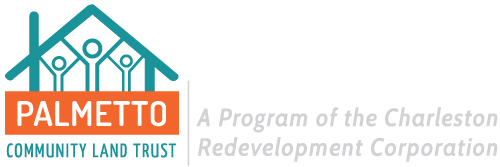Editorial: On affordable housing, Charleston County must set a solid foundation
BY THE EDITORIAL STAFF, The Post and Courier | January 22, 2022
We’ve long urged Charleston County Council to address our region’s lack of affordable housing, so on one level, we’re encouraged that council members are taking steps to do just that.
But on another level, we remain concerned with their continued disturbing tendency to put the cart before the horse or, in housing terms, the framing before the foundation. It’s a fixable problem, but one that must be corrected to increase the public’s confidence in — and the ultimate success of — the county’s nascent housing efforts.
This problem dates back at least to 2020, when County Council asked voters to approve a property tax increase to help raise money to subsidize housing that local workers could afford. Only the county gave no specifics whatsoever of how the money would be spent, and voters wisely (if narrowly) said no.
Last year, County Council took the commendable steps of hiring Development Strategies of Missouri to help develop a new affordable housing plan, a draft of which we hope to see in the coming months. It also hired Darrell Davis as the county’s new director of Community Revitalization and Housing Affordability. And it bought 18 vacant houses owned by the Charleston County Development Authority to prevent their sale and conversion to market-rate housing.
But council also voted to require affordable housing on its more than 6-acre Morrison Drive property with virtually no details on what that restriction will entail. As we’ve noted, that could be a wise move, but without a more specific plan, it’s impossible to say for sure how effective this subsidy will be or who it will ultimately benefit.
Now the council has voted to spend $3 million to hire several new staff members and manage housing programs — before the public even sees an outline of the county’s plan.
Of equal concern, the $3 million to hire staff will come from the federal American Rescue Plan Act funding — one-time money that should not be used to add positions that will require funding in future years, after the federal dollars are spent.
And, according to reporter David Slade, the county’s new housing department also may stretch its work beyond adding more affordable housing to include sewer assistance, broadband connections, assisting small businesses and other neighborhood upgrades. We agree with County Councilman Dickie Schweers, who spoke against this new spending. We sense mission creep or mission drift that ultimately could erode the county’s ability to put people in homes they can afford.
It’s encouraging that the county is engaged in one of the Charleston’s region’s greatest challenges, a lack of affordable homes and apartments close to its main job centers.
But contrary to Councilman Henry Darby’s assurance that since most council members support affordable housing efforts, actually getting it built is “just a matter of time,” it won’t just be a matter of time. It also will be a matter of effectiveness, of impact.
While the county’s Morrison Drive property and a share of its federal COVID dollars might give the county’s housing efforts an initial boost, those efforts would be even stronger with a dedicated funding stream like the one County Council hoped to create with a property tax increase that it put before voters two years ago. To get voters’ support for that, though, the county must first lay a foundation of trust.
